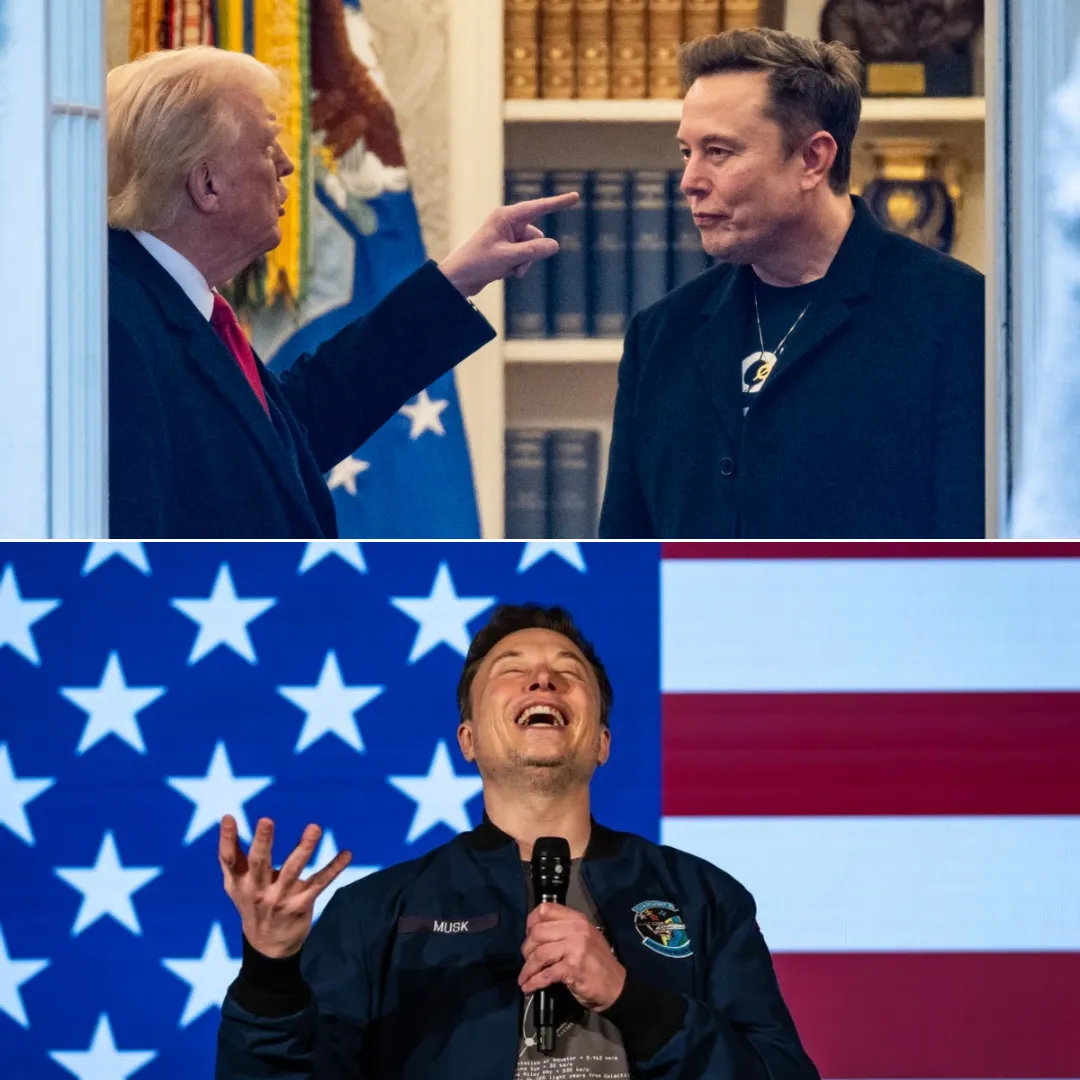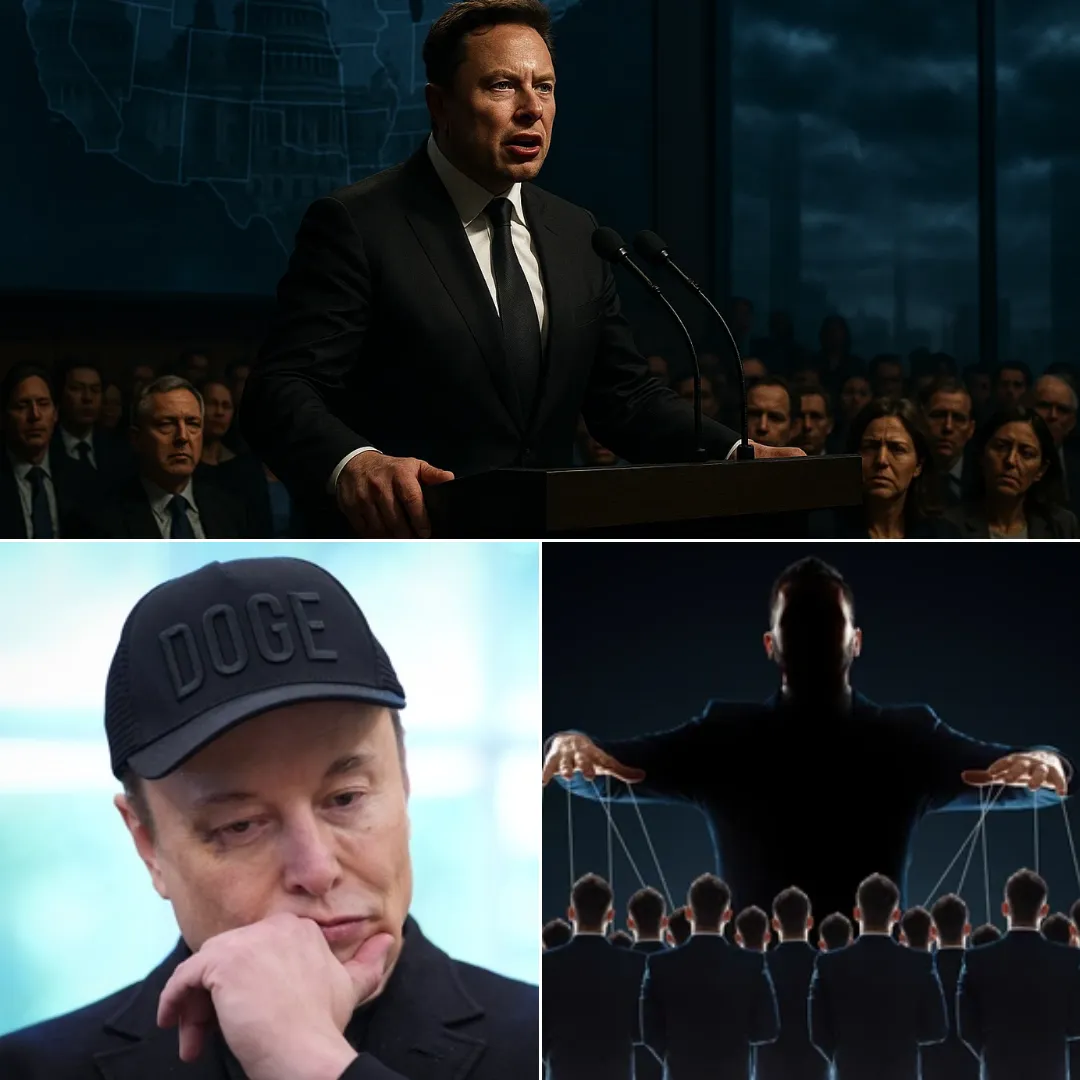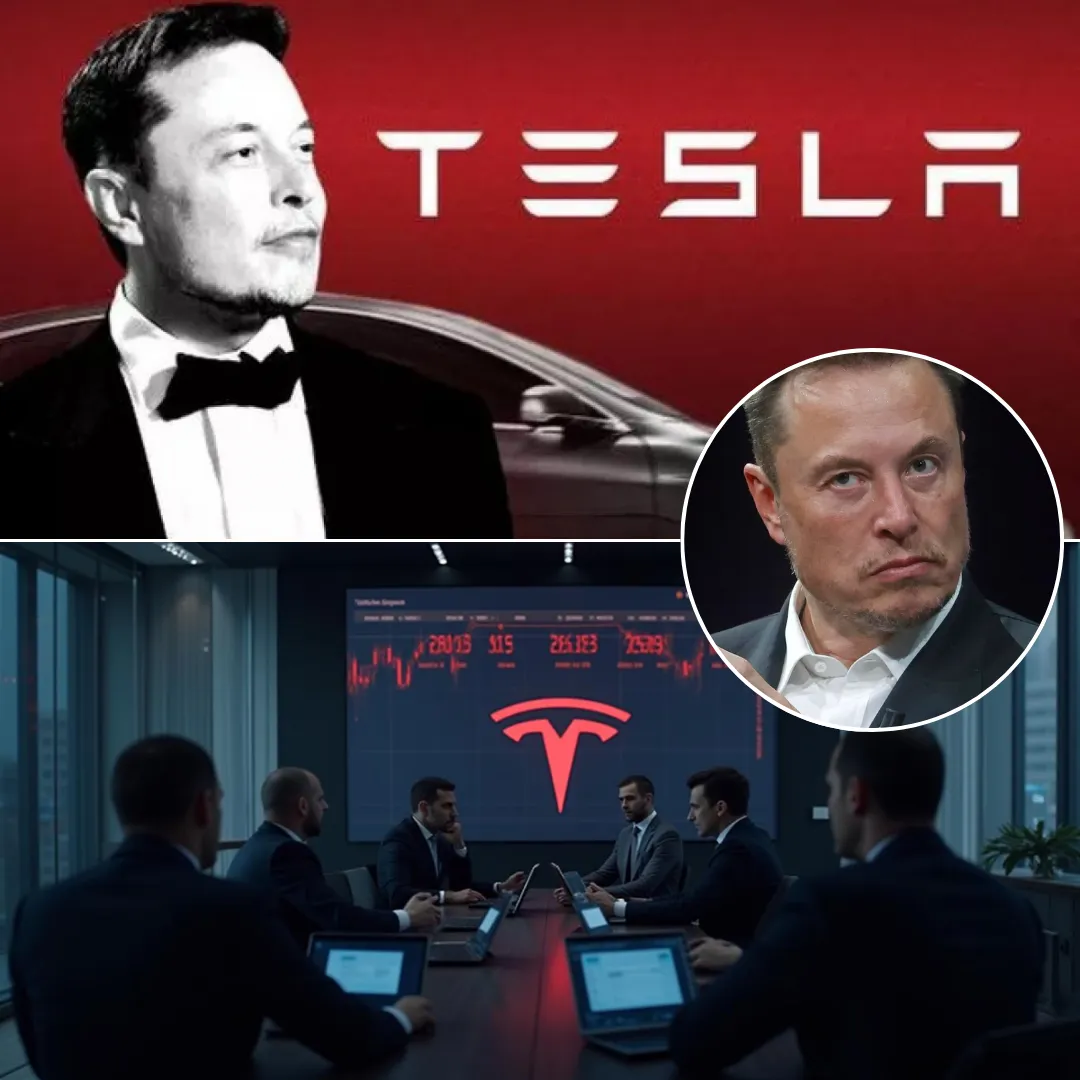The public clash between Elon Musk and President Donald Trump has stirred up a whirlwind of speculation, with many questioning whether this confrontation was a genuine dispute or part of a larger, calculated strategy.
On June 11, 2025, financial giant Morgan Stanley raised eyebrows by suggesting that the feud between Musk and Trump may not be as spontaneous as it seemed. Instead, the firm posited that the tension could be a carefully crafted media strategy designed to draw attention to specific issues and achieve broader objectives.
The dramatic face-off between Musk and Trump began when Musk publicly criticized the new tax law proposed by the Trump administration. The immediate consequence of Musk’s criticism was a 14% drop in Tesla’s stock, wiping out an eye-watering $150 billion in market value in just one day.
This reaction alone caused a stir in Wall Street and beyond, fueling debates about the intersection of politics, business, and media strategy. Trump, not one to take such comments lightly, retaliated swiftly.
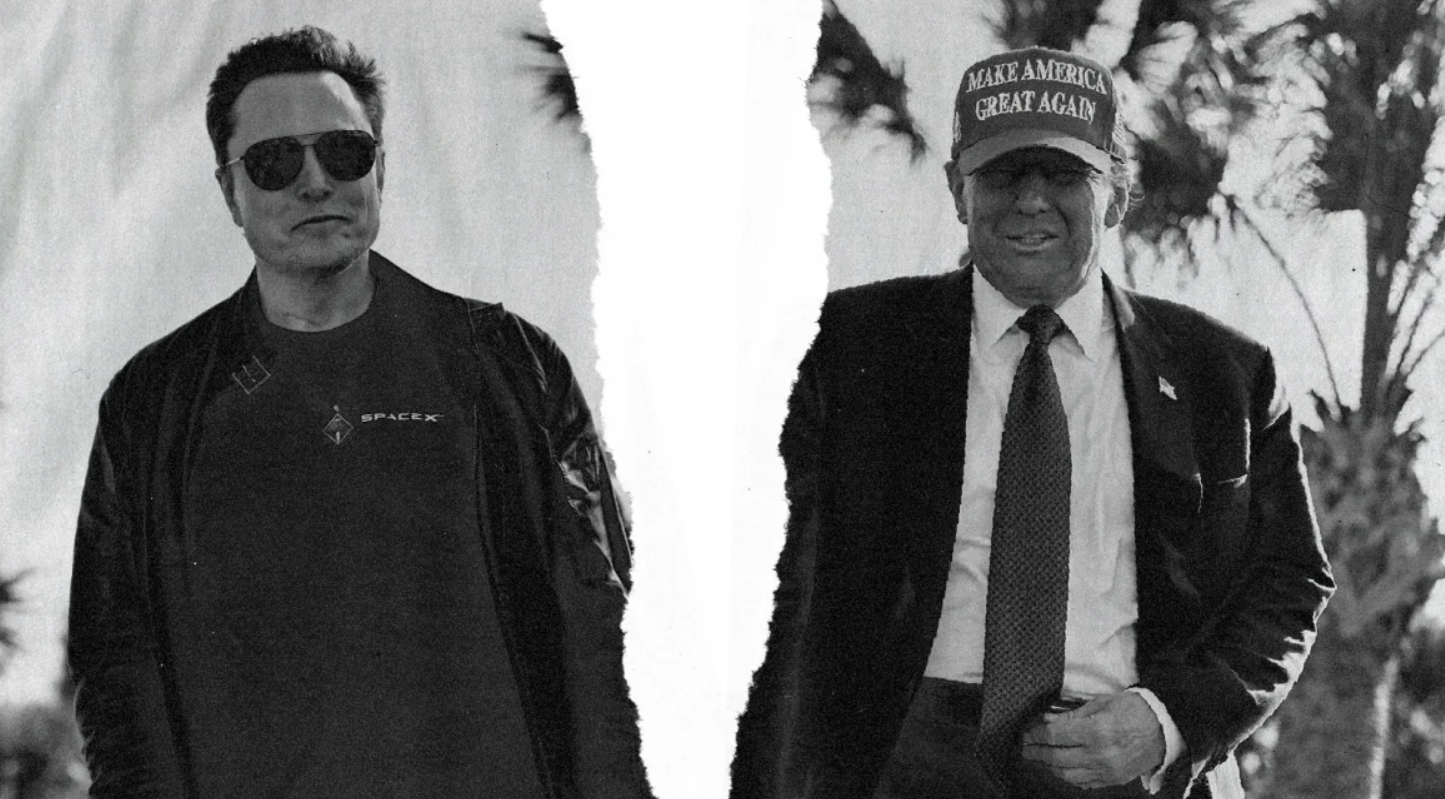
He threatened to cancel federal contracts with Musk’s companies, including the prominent SpaceX program, a move that would have far-reaching consequences for both the space industry and Musk’s business empire.
In response, Musk initially considered halting the use of SpaceX’s Dragon spacecraft but later rescinded this plan, signaling a shift in his stance. Morgan Stanley’s report suggested that the very nature of this "feud" could have been a calculated move by Musk to refocus public attention on a particular issue.
The report implies that Musk may have been leveraging the media coverage of this public dispute to strategically highlight concerns that were central to his business interests, particularly those related to the government’s budget and policy decisions impacting his companies.
This theory of a "media juggling act" is backed by the idea that Musk’s criticism and the ensuing retaliation were not simply a result of personal animosity but part of a broader narrative he sought to create.

According to Morgan Stanley, Musk’s approach to the feud with Trump was not only designed to attract public attention but also to drive focus toward policy issues that could benefit his companies. This interpretation of the public row raises the question of whether this was an orchestrated move for media visibility rather than an outburst of raw emotion.
Amid the media frenzy, Tesla’s stock took a hit, but Morgan Stanley remained optimistic about the company’s future. Despite the volatility in the market, the investment firm raised its stock target for Tesla from $400 to $410, reaffirming its belief that Tesla remains the "top stock" in the U.S. auto industry.
The reasoning behind this optimism is rooted in Tesla’s leadership position in the field of physical AI, a domain that the firm believes no other company can match in terms of innovation and practical application.
The report further elaborated on the evolving relationship between Musk and politics, suggesting that the two are now inextricably linked. Morgan Stanley noted that investors who hope Musk will focus solely on Tesla might be overlooking a key reality shaping the investment narrative.
:max_bytes(150000):strip_icc():focal(748x239:750x241)/elon-musk-donald-trump-53a2fa91367441db9e49187da43231c5.jpg)
Musk’s political entanglements and public feuds, including his ongoing influence on political discourse, can no longer be separated from his business dealings. The financial firm highlighted that, despite the potential negative impact of Musk’s public statements, Tesla’s leadership understands and controls the associated risks.
In other words, Musk’s confrontational approach, while controversial, may be a calculated risk that the company’s leadership is prepared to handle. On June 11, Musk issued a public apology via social media, expressing regret for some of his posts about Trump.
In his apology, Musk admitted that his comments had gone too far. Before making the public apology, Musk had personally reached out to Trump to explain his actions and express a desire to mend their fractured relationship.
Trump, in a response to Musk’s apology, publicly acknowledged that he harbored no ill will toward the tech mogul, stating that Musk is a "smart guy" and that he appreciated the apology.

Sources close to the situation indicated that the reconciliation between Musk and Trump was facilitated by key political figures, including Vice President JD Vance and White House Chief of Staff Susie Wiles, who worked behind the scenes to smooth over tensions.
This behind-the-scenes intervention underscored the growing intersection of politics and business, with high-level figures from both the tech world and the political establishment playing key roles in resolving the dispute.
As the media and the public digested the fallout from the conflict, many began to realize that the rift between Musk and Trump might have been an essential moment in shaping the future of their respective careers.
For Musk, the controversy allowed him to assert his influence on policy matters that directly affected his business. For Trump, the clash with Musk revealed the delicate balance he must maintain between political power and maintaining relationships with key players in the tech industry.

Despite the tensions, the Trump-Musk saga appears to be far from over. Industry observers predict that this relationship will continue to be a source of public fascination and speculation for years to come.
Whether or not Musk and Trump can fully reconcile remains to be seen, but one thing is clear: the intersection of business and politics will only continue to grow more complex as these two figures navigate their increasingly entwined futures.
While the immediate concerns surrounding Musk’s criticism of Trump’s tax bill and the resulting market fluctuations may have subsided, the broader implications of this public spat are far from settled.
For Musk, it’s clear that the stakes go beyond personal rivalry or fleeting media attention; they are about the future of his business empire, the policies that affect his companies, and the political landscape he must navigate to ensure continued success.
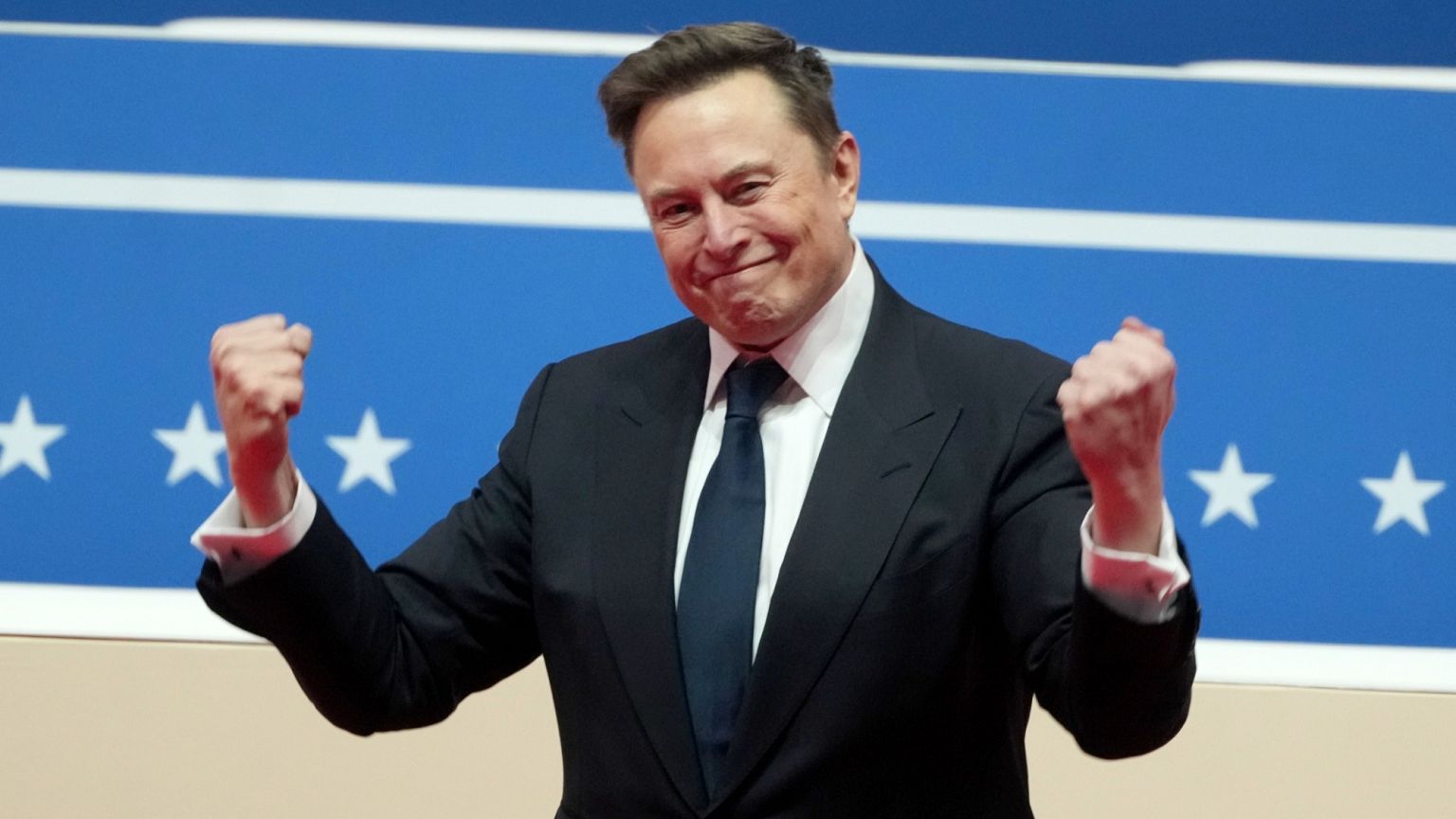
For Trump, the situation presents an opportunity to reflect on the dynamics of his relationship with the tech world and to consider how to handle similar conflicts in the future.
Whether the public will view this as a tactical move by Musk to enhance his influence or simply as a clash of egos remains to be seen. What is certain is that the world is watching as these two powerful figures, once allies, continue to reshape the political and business landscapes.
As for Tesla and SpaceX, the financial world continues to keep a close eye on developments. While Musk’s apology may have offered a momentary reprieve from the public spectacle, the lasting effects of this media frenzy could shape not only the future of these companies but also the political discourse surrounding them.

